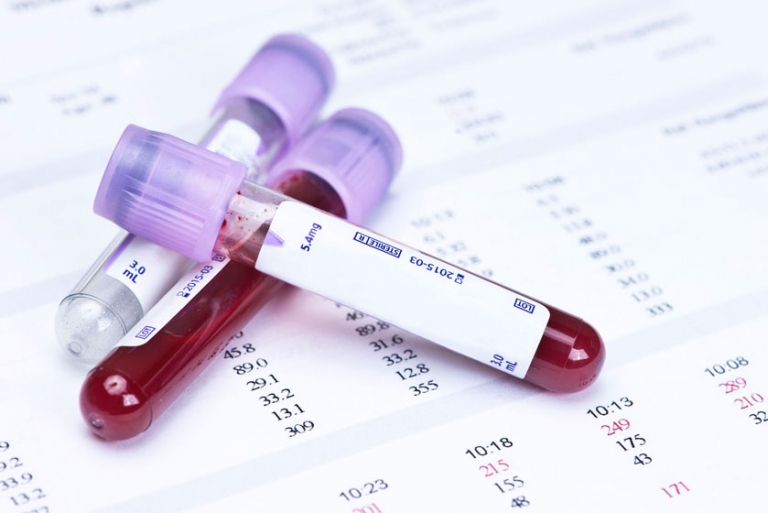TSH
The starting point in the diagnosis of thyroid function is the measurement of TSH levels. TSH is a hormone produced in the pituitary gland that increases thyroid hormone production (FT3 – triiodothyronine and FT4 – thyroxine) and promotes iodine absorption.
What does the test show?
When FT3 and FT4 are reduced, TSH is increased, while increased FT3 and FT4 decrease TSH production. Measurement of TSH levels is a screening test to detect hyper- and hypothyroidism.
When is it recommended to have the test?
The test is recommended if the patient has symptoms suggestive of thyroid problems.
Symptoms of hyperthyroidism:
- Anxiety and mood swings
- Irritability
- Weakness in the arms and legs
- Sleep problems
- Hand tremors
- Sweating
- Low heat tolerance
- Irregular heartbeat
- Extreme fatigue
- Unexplained weight loss
- More frequent bowel movements than usual
- Eye irritation or bulging eyes (Graves’ disease)
- Menstrual irregularities
- Enlarged breasts and erectile dysfunction in men


Symptoms of hypothyroidism:
- Extreme fatigue
- Low tolerance to cold
- Weight gain
- Hair loss
- Swelling around the eyes
- Slower heartbeat
- Shortness of breath
- Constipation
- Menstrual irregularities
- Loss of consciousness (rare)
What sample is needed for the test?
The test requires a blood sample taken from a vein.
What can the result indicate?
Low levels of TSH in the body may mean that the patient has an overactive thyroid. High TSH levels may indicate an underactive thyroid. The results of other thyroid tests (e.g. FT4, FT3, and in some cases thyroglobulin, anti-TPO, anti-thyroglobulin and calcitonin) can help to make an accurate diagnosis.
What to do after the test?
The test alone does not diagnose any disease, and you should always consult a specialist with the results to determine the exact diagnosis and the necessary therapy.

